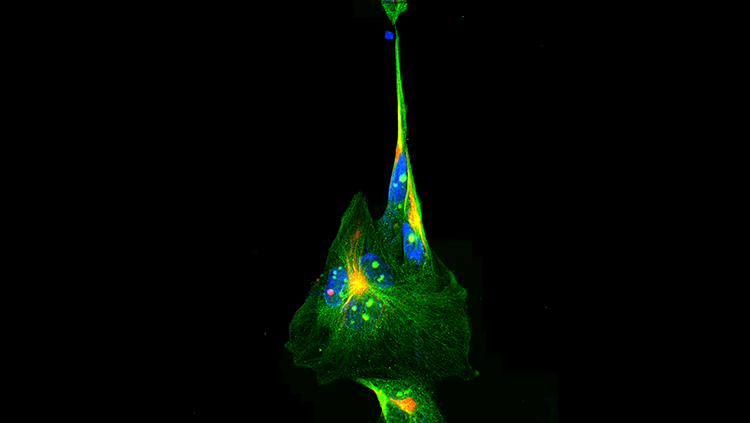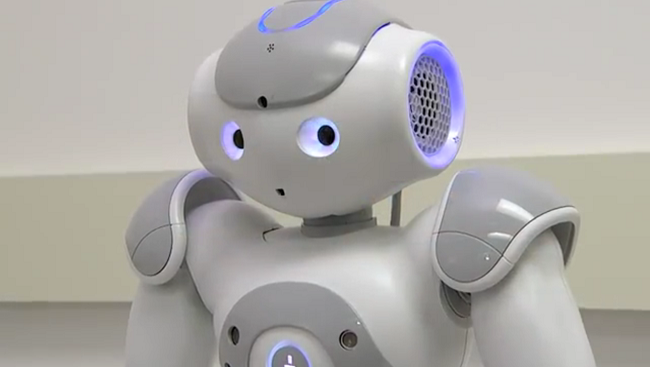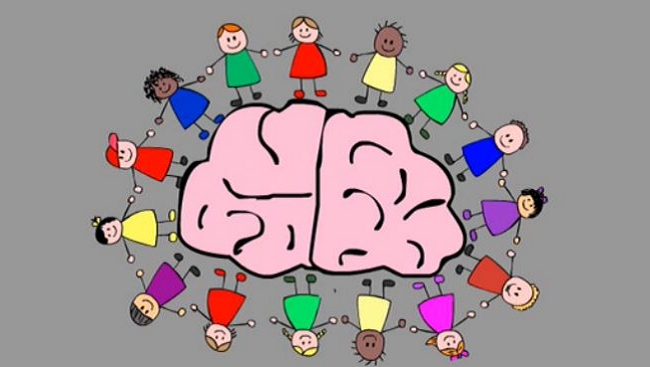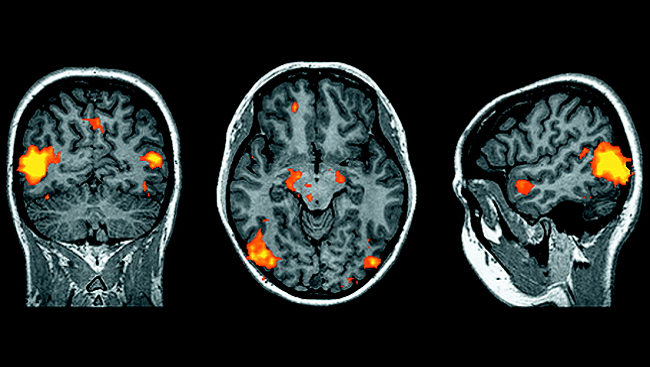Fighting the Stigma of Mental Illness
- Published1 Oct 2011
- Reviewed2 Oct 2012
- Source BrainFacts/SfN
The National Institute of Mental Health (NIMH) estimates that mental illness affects 26.2 percent of adults in the United States in any given year. Unfortunately, the widespread stigma associated with mental disorders prevents many from seeking proper diagnosis and treatment. This refusal to ask for help can eventually lead to isolation, reduced quality of life, and even suicide. At Neuroscience 2010, celebrated actress Glenn Close spoke about the importance of confronting this stigma during “Dialogues Between Neuroscience and Society,” SfN’s annual presentation highlighting the ways brain research touches the human experience.
Bringing Change to Mind
Close helped create BringChange2Mind, a nonprofit organization dedicated to raising awareness about mental illness and eliminating the stigma associated with it. She was inspired to become an advocate for families living with mental illness by her own family — her sister Jessie Close is living with bipolar disorder, and Jessie's son, Calen Pick, is living with schizo-affective disorder. Both joined Close on stage to discuss their experiences and personal struggles with mental illness.
BringChange2Mind’s mission is two-fold: to offer quick and easy access to information and resources for people with mental illness, and to combat the crippling stigma surrounding these brain disorders. The goal of these efforts is to fight the persistent and toxic beliefs that negatively impact the lives of individuals suffering from mental illness.
The U.S. Department of Health and Human Services estimates that 10.5 million American adults have an unmet need for treatment of mental illness. Anxiety resulting from possible social stigma — including fears of job loss and failure to maintain social standing — prevents almost 30 percent of these individuals from getting help. Beyond the human suffering, there is a societal cost as well: the impact of mental illness is estimated at more than $193 billion in lost earnings each year.
Need for a New Approach
Although a majority of Americans know that mental disorders are brain diseases with a biological basis, eliminating the prevailing prejudice against people living with mental illness has proven to be difficult. NIMH Director Thomas Insel, who participated in the Dialogues presentation, noted previous campaigns to reduce the stigma of mental illness from the World Health Organization and others have done little to improve the daily experiences of these individuals or encourage them to get help, highlighting the need for a new approach.
Without professional medical care, many people with mental disorders turn to destructive behaviors, such as substance abuse. In extreme cases, individuals with severe mental distress may contemplate suicide. In fact, almost 90 percent of the more than 34,000 individuals dying by suicide each year in the United States are affected by mental illness. That figure is almost twice the number of homicides that occur annually. Despite continued efforts by NIMH and other organizations to motivate people in distress to seek proper resources and care, the number of people dying by suicide has remained constant for the past 20 years.
Principles for Change
For Close and BringChange2Mind, confronting the stigma of mental disorders requires action. Removing the fear and shame means understanding and accepting the reality of mental disease and the organization advocates a set of key principles to raise awareness and fight stigma. “Mental illness can be uncomfortable. All the clichés come into play,” said Close. But facing those stereotypes is essential for overcoming this stigma, she said.
CONTENT PROVIDED BY
BrainFacts/SfN
Also In Archives
Trending
Popular articles on BrainFacts.org



















